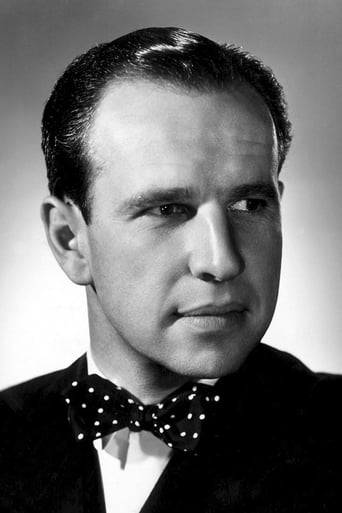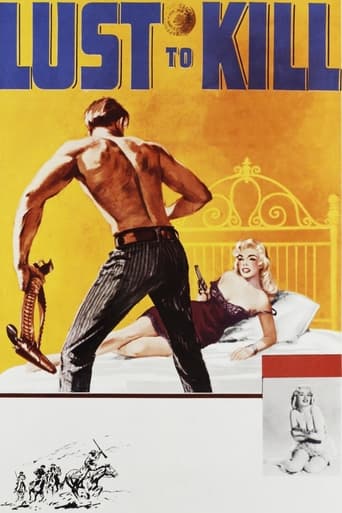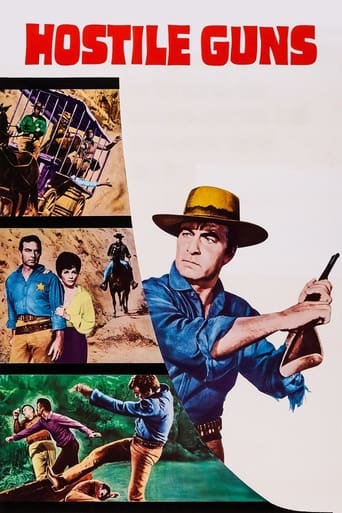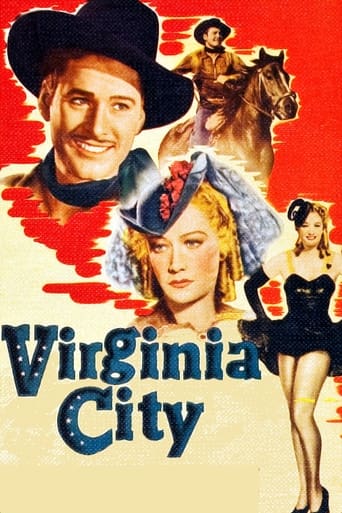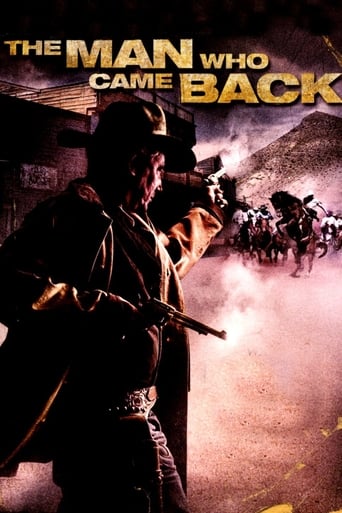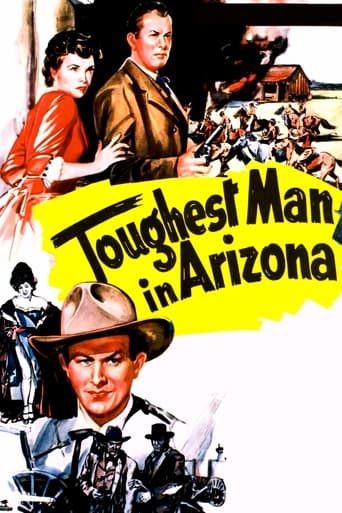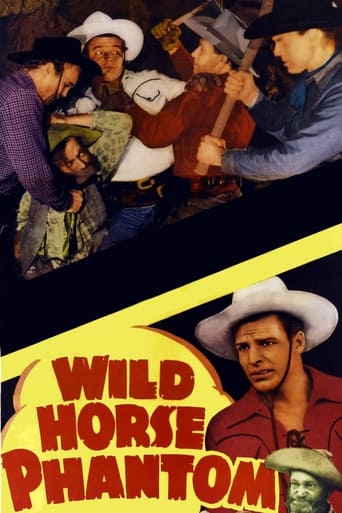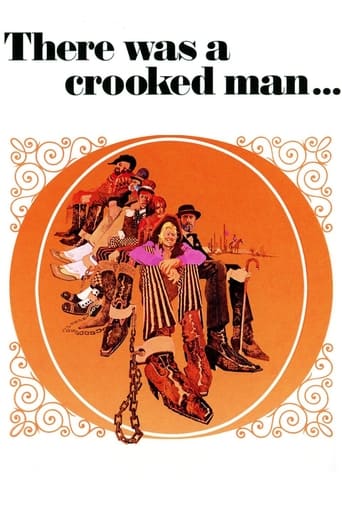
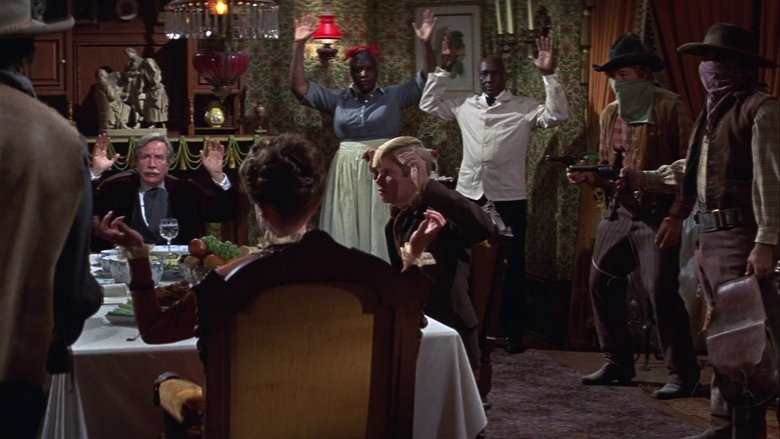
There Was a Crooked Man... (1970)
Arizona Territorial Prison inmate Paris Pitman, Jr. is a schemer, a charmer, and quite popular among his fellow convicts — especially with $500,000 in stolen loot hidden away and a plan to escape and recover it. New warden Woodward Lopeman has other ideas about Pitman. Each man will have the tables turned on him.
Watch Trailer
Cast
Similar titles
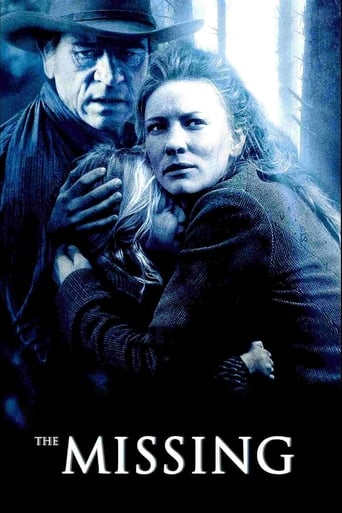
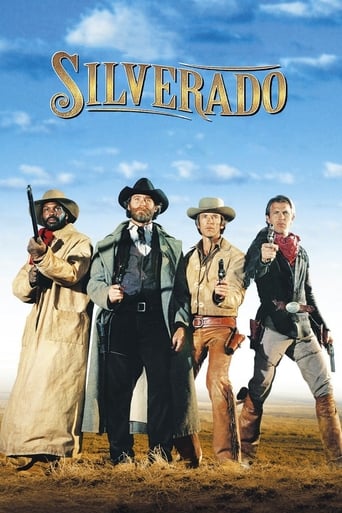
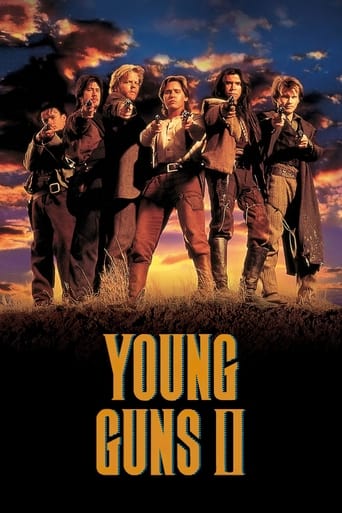
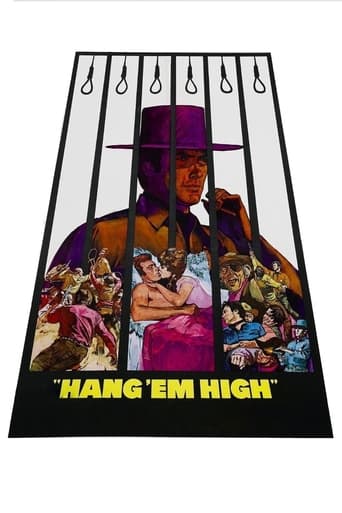
Reviews
Wonderful Movie
Don't listen to the negative reviews
Absolutely Fantastic
Although it has its amusing moments, in eneral the plot does not convince.
Kirk Douglas (Paris) makes off with $500,000 that isn't his. He buries it in a rattlesnake pit and takes a few notes to blow on hookers but he's caught and sent to jail in the Arizona desert. We are also introduced to his future cell mates at the beginning of the film as we are shown the crimes for which they are sent to the same place. With this group sharing their living quarters in prison, Douglas emerges as a leader and, of course, has an escape plan in mind. Can he outwit new prison warden Henry Fonda (Lopeman)? This film will provide a couple of surprise moments for you at the end. It's a comedy that keeps the pace and it doesn't seem like its running time of over 2 hours. We get to know the characters and become fond of them all. At the beginning of the film, we see Douglas shoot one of his gang in the back – but I interpreted this in a different way to others who point to this as a demonstration of his cruel streak. In my mind, he shot his gang member as that member was about to shoot a woman - he gallantly saved her life. Well, by the end of the film, I changed my tune. Douglas is a badass.Throughout the film, we see Fonda as a bit of a soft touch with a righteous streak as his fulcrum. Indeed, Douglas questions his motivations as Fonda doesn't drink or smoke and Douglas thinks there is something else lurking within him. Douglas has obviously been listening to that song by Adam Ant – "Goody Two Shoes". You know, the one where the chorus goes 'Don't drink, don't smoke, what do you do?' Good acting by all the cast and an unexpected ending. Didn't see that one coming but the clue is in the title. This film also gives you a tip on how to draw a great picture of an angel.
A unique entry among the golden age of westerns, this is a combination of dark comedy with classic prison drama. In fact, this could be called the "Grand Hotel of Prison Movies" with its eclectic group of characters in a desert prison where bandit Kirk Douglas ends up after he robs a respectable house during their respectable dinner. You know you're going down a different territory when you see the black cook (veteran actress Virginia Capers) quietly bemoaning the fact that she has to work for snooty white folks then putting on airs when she brings their supper into the dining room. Douglas is soon caught and sent to prison where a sudden change brings in new warden Henry Fonda who wants to establish prison reform. Fonda is actually out to discover where Douglas hid the loot he stole (in a pair of bloomers) and befriends him in order to gain some clues. One thing leads to another, the prisoners plan an escape attempt, and the stage is set for Fonda to follow Douglas in order to find out what he's been hired for.This starts off on just the right note (with the robbery) and never lets up, following Douglas to a brothel (with "The Young and the Restless's" Jeanne Cooper as a hooker!), then to prison where the variety of fellow prisoners are introduced. There's the ancient Missouri Kid (Burgess Meredith), a grizzled con (Warren Oates), a young hot-head (Michael Blodgett), a mute giant (C.K. Yang), and most memorably, an obvious gay couple (Hume Cronyn and John Randolph) who argue like an old married couple. Then, there's "the skipper" (Alan Hale Jr.) as one of the guards, a jovial type who gets a surprisingly gruesome ending.This is a bawdy comedy with tons of sexual overtones that at first seem gratuitous but really fill out the cheek that some writer's tongue was obviously in. Not only is there the brothel sequence, but a beautiful visitor to the prison (veteran actress Barbara Rhodes) literally gets her dress blown off of her when an explosion in the prison occurs. The violence of the prison is not at all pretty, and Douglas's character is a villain you can't help but like, even though he's about as trustworthy as a rattle snake. As for Fonda, there's a crooked smile to his supposedly law abiding citizen that is quite a contrast to the sparkle in Douglas's eye. It says to the audience that these two opposites are more alike than they think, and even if they are on the opposite sides of the law, three's an unspoken respect that indicates they knew there's more to each other than what really meets the eye. There's also an ironic conclusion that is truly sardonic and extremely amusing. Some exciting cameos by Arthur O'Connell and Ann Doran (as the robbed white folks in the opening), Martin Gabel (as the original warden) and Lee Grant fill out the cast. Veteran director Joseph L. Mankiewicz provides an exciting atmosphere that never lets up, with excellent photography and outstanding production values. Especially because of its cynicism, this holds up just as well today as it did back in 1970.
The direction for this film owes it's life to Joseph L. Mankiewicz who guides this clever Western movie to it's eventual and Classic end. It's a great story dealing with the weakness in every man. " There was a Crooked Man " also deals with Life's opportunity for good and evil. The story centers it's sights on Paris Pitman (Kirk Douglas), Jr. a thieving conniving, unscrupulous con and sneaky gunman who is fortunately sent to a territorial prison where he collects a motley group of Convicts whom he persuade to join him in a grand escape. While at the prison, he is watched by Woodward W. Lopeman (Henry Fonda) the new prison warden who suspects that Pitman is much too clever to remain behind bars without attempting to escape. The movie is well directed and the prison convicts are notable actors which are a who's-who of talented Thespians who are easily recognizable. They include Hume Cronyn, Warren Oates, Burgess Meredith, John Randolph, Arthur O'Connell, Martin Gabel, Alan Hale Jr. and Victor French. Together they create a story which is interesting and well worth the title of Classic. Easily enjoyed and hardily recommended. ****
There is so much to like and appreciate about this film that while it's an enjoyable experience, it isn't the great film it should have been.Firstly, the script is largely excellent. It has a good plot and characters backed up by interesting dialogue. It has a top-notch cast delivering almost universally quality performances. As well, it has some interesting themes and issues to explore, especially in the central battle between Fonda's warden and Douglas' prisoner. The scene where Douglas confronts Fonda in the just built eating hall and exposes his self-serving interests and hypocrisy, is a great example of top-class screen writing.All the elements are there for a classic (or at least semi-classic) Western, but it doesn't quite reach that. Why? I think a big problem for this is Joseph L. Mankiewicz's direction. As other users have commented, the tone of the film is jerky and erratic and he has to take prime blame for that. But even in pure cinematic terms, it isn't well directed. Scenes that should have been highlights (such as the robbery that opens the film) lack punch because they're ineptly handled.I think another major problem is the cinematography. The glossy, bright and flashy look of TWACM seems more in tune for a jovial, knockabout, straightforward Western. For a film full of cynicism, complexity (as well as its share of humour) and some rather depressing elements, it's a distracting and misjudged look. The much more realistic style that was to become much more common in films as the 1970s progressed (e.g. 'McCabe and Mrs. Miller') would have been much more apt.Overall, an under-appreciated and underrated film worth seeking out. But also a bit of a missed opportunity.


